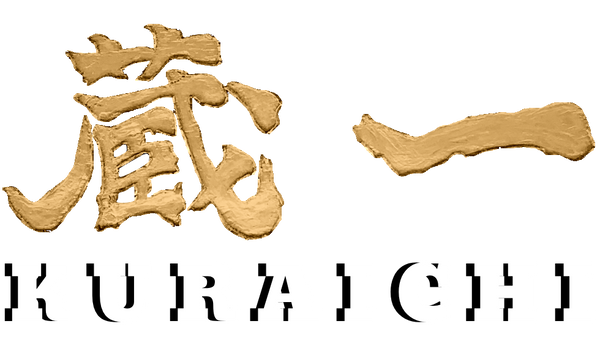My Favorite Sake
Message from Beverage Director, Sam Miyazawa:
I am sometimes asked by customers who are very interested in sake, "What is your favorite sake?"
I hesitate to answer this question for two reasons.
One is that I have too many favorites (laughs). In other words, my favorites change depending on the food and my physical condition.
Another thing is that my favorite sake may not be your favorite sake. In other words, taste is very personal and different for each person.
However, no matter what food I pair it with, or how I'm feeling (I don't drink sake if I'm not feeling well), there is one favorite sake that I can't leave out.
And there is a favorite that I cannot help but recommend, no matter what your taste or preferences are.
For me, that is Denshu.
I have had a close relationship with this sake for over 40 years. My partner introduced me the sake right after we met, so I can say that this sake is another partner to me.
At the time, this sake was one of the "phantom sake" that were extremely difficult to obtain in Japan.
It's especially hard to get hold of in Tokyo, where I was born and raised, so whenever I go to Aomori, where this sake originates, I buy several 1.8L bottles.
Denshu is still very hard to come by in Japan. On the other hand, in the US, there are some great importers who carry Denshu, so we can almost always drink this wonderful sake (although it does sometimes run out).
This is really a blessing, and we Japanese Denshu fans are envious of us!
When asked about the greatness of Denshu, I answer, "It has all the appeal of sake."
Dryness and sweetness. Lightness and depth. Richness and sharpness. Refreshment and umami.
The freshness of Namazake and the taste of a mellow maturity. The taste of traditional sake and modern individuality. These seemingly polar opposites can be enjoyed in exquisite balance.
Rather than me saying more about this sake,
I think it's best to share some stories that Denshu's President Nishida previously told:

Tsukasa Nishida, President of Nishida Brewery
"Some customers ask me about what kind of yeast I use and other nerdy stuff,
but you don't need to know that. The most important thing is whether it tastes good or not."
"The sake I aim for is somewhere between a highly polished 'clean sake' and a 'good sake' with a strong umami flavor. It's not about polishing the rice a lot. The protein part of the outside of the rice has an unpleasant taste, but there is an optimal polishing ratio that turns this unpleasant taste into umami."
"Normally, rice is polished into a spherical shape, but we use a special polishing machine to polish the rice to match the shape of the rice (original shape), so we can accurately remove the unnecessary parts on the outside of the rice and make effective use of the starch inside without waste."
"Using a fully automatic jet water washing machine, we can wash the rice more cleanly than by hand washing."
"After steaming the sake rice (sakamai) in a huge steaming kiln, we cool it down in a cooling device,
but it is 100% bacteria-free, In order to strictly control the temperature of the rice, we do this part manually."
"When we squeeze the fermented mash at low temperature, we transfer the sake fresh using a special method to minimize contact with air, which gives it a refreshing taste and a fizzy freshness."
"We don't use activated charcoal filtration because it removes important umami components along with other flavors, and instead use a large-mesh filter to preserve the umami components of the sake."
"Denshu pasteurization is a 'bottled storage one-time pasteurization' method, in which fresh sake is bottled and pasteurized in 65℃ hot water before storage."
"Regardless of the grade of Denshu, such as Daiginjo, Ginjo, or Tokubetsu Junmai, the label says 'refrigeration required.' We also require retailers to refrigerate. No matter how much pasteurization is done, it will deteriorate depending on the outside temperature. We do not sell to liquor stores that do not store it in the refrigerator."
"Personally, I think sake tastes best at 15 to 16% ABV."
What do you think? I think we were able to learn about his sake philosophy and some of Denshu's interesting secrets.
And one last thing...
"Nishida Sake Brewery's flagship product is our Tokubetsu Junmai. We also produce a variety of high-grade sakes, but this sake has been a long-selling product for over 50 years, making up 50% of our production and still selling well today.
I think that's proof that it's our flagship product."
Yes, that's my sake partner! I encourage you to give it a try!
Read some of our past Newsletters!

Kuraichi X SSAW Brooklyn Exclusive Event
November 28, 2025

Headbanging Sake!
October 5, 2025
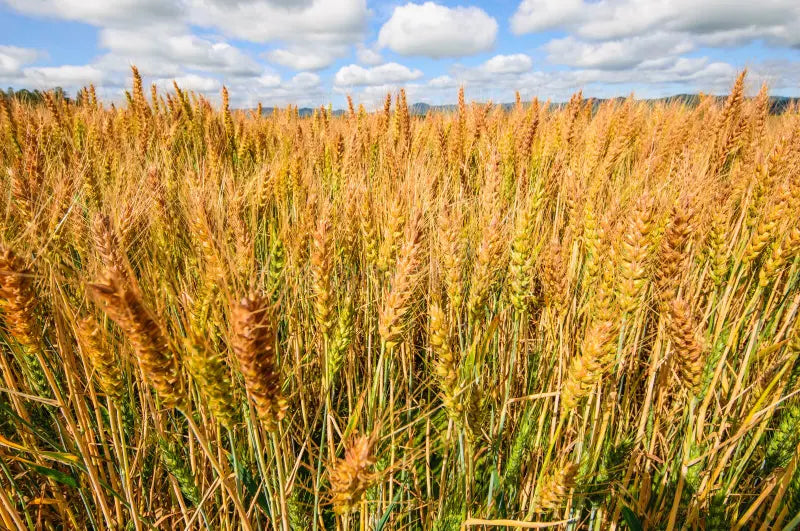
Mugi, mugi, mugi!
September 12, 2025
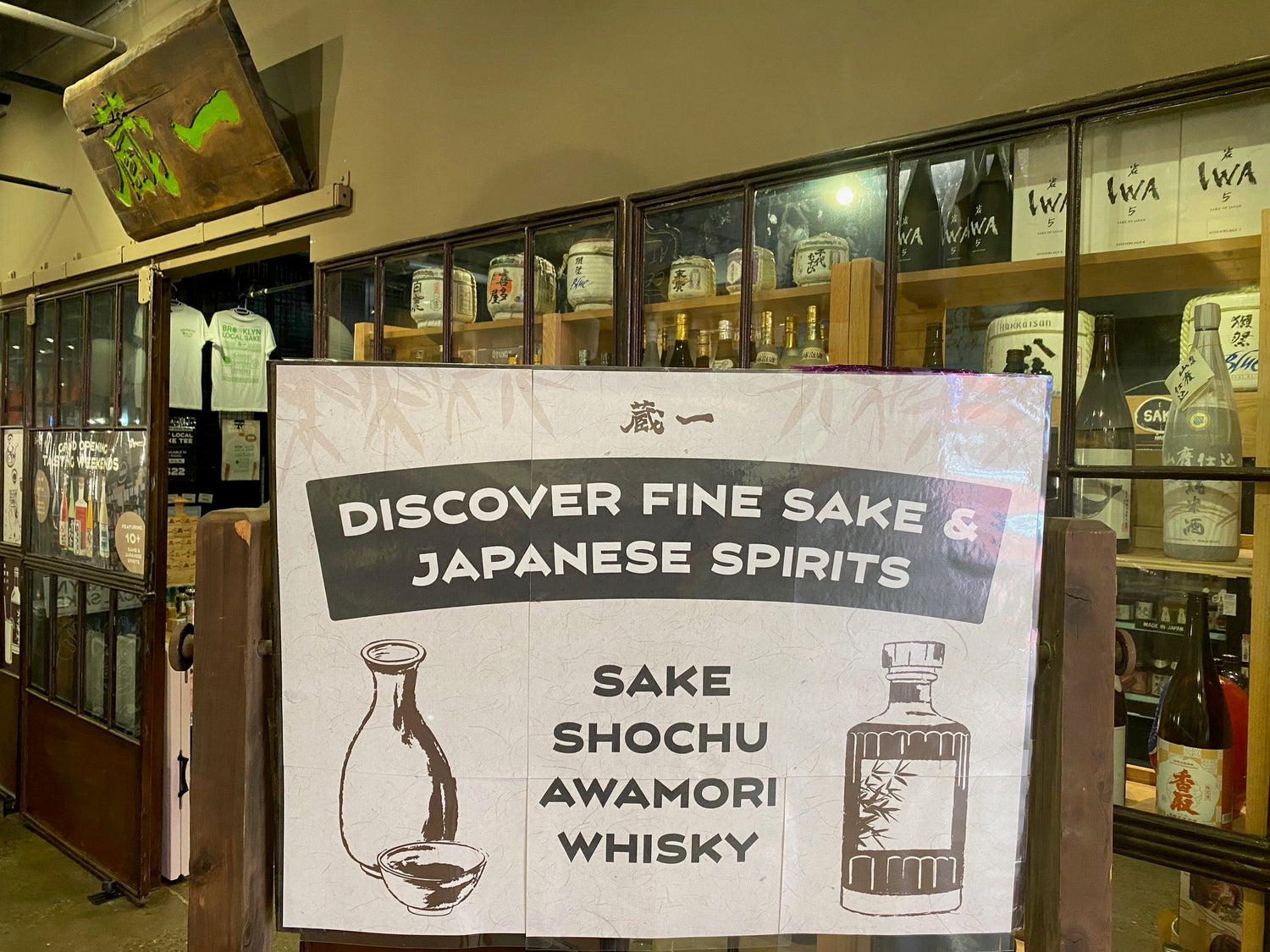
We're east bound and down, loaded up with SAKE and truckin'!
August 1, 2025
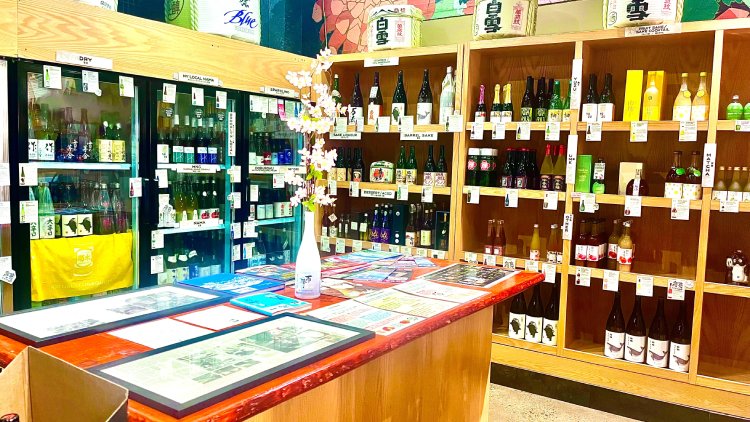
I Can't Get Enough of the Funky Stuff!
July 21, 2025
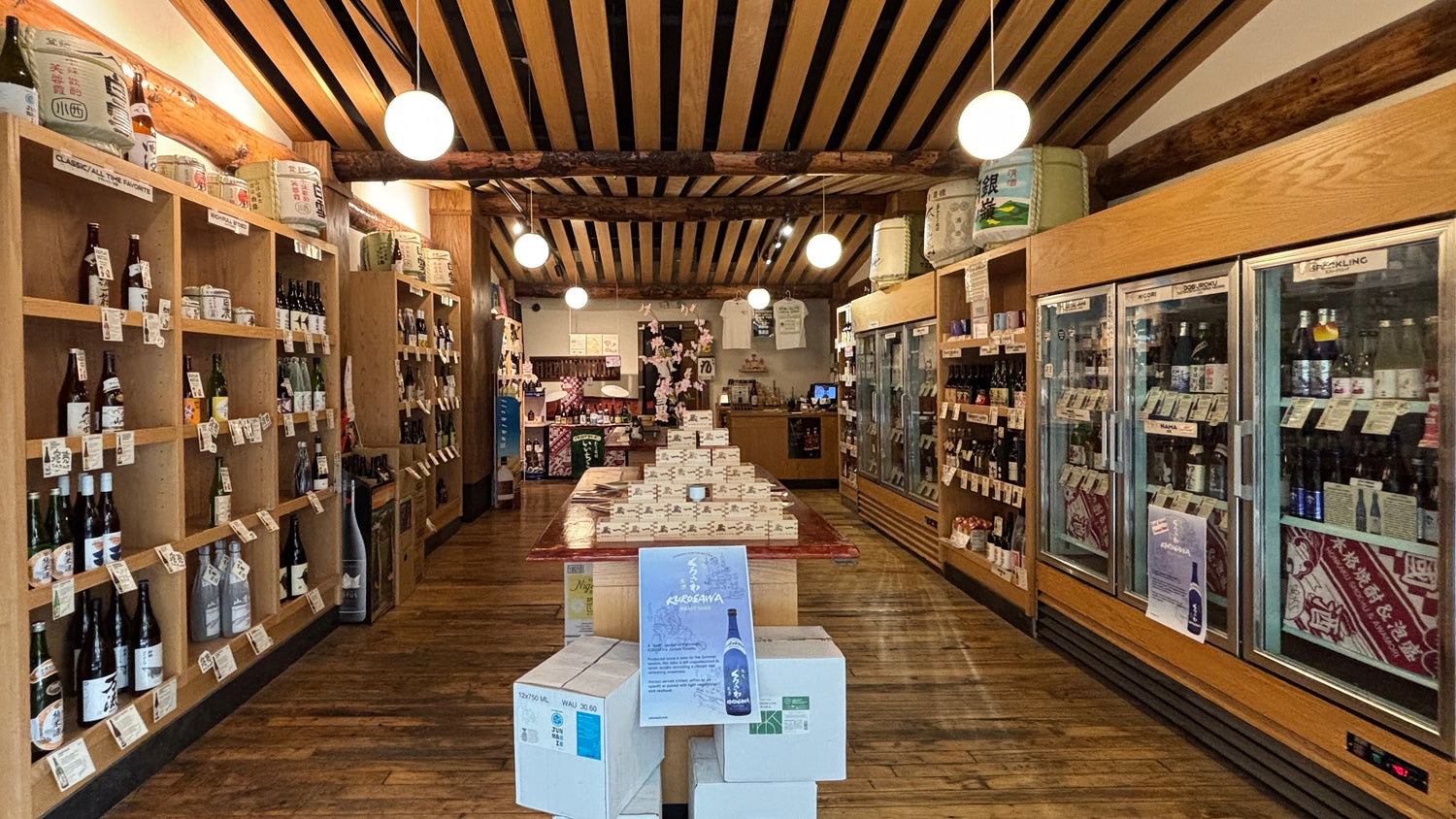
"Season 2" of Kuraichi is finally about to begin!
June 12, 2025
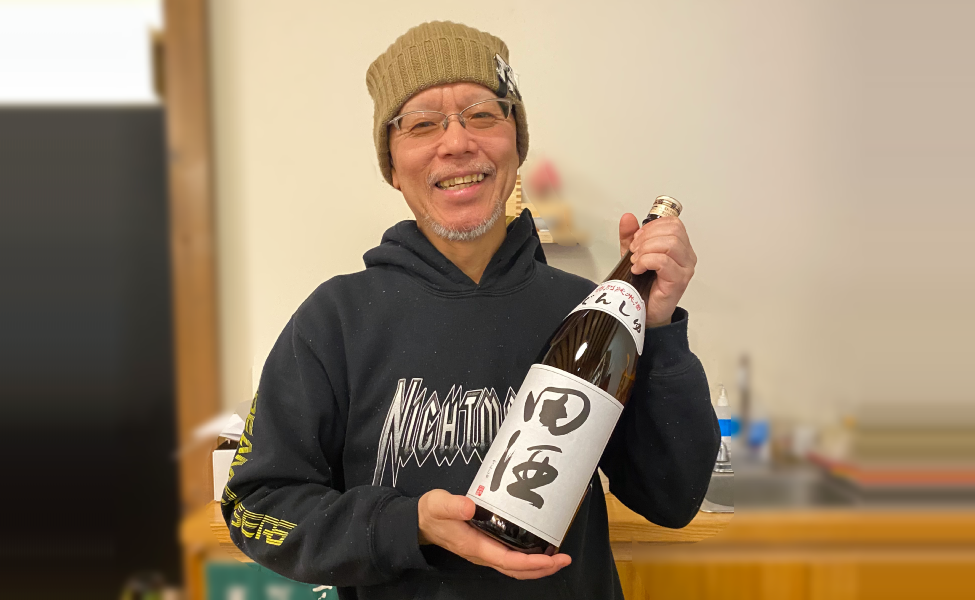
My Favorite Sake
May 25, 2025
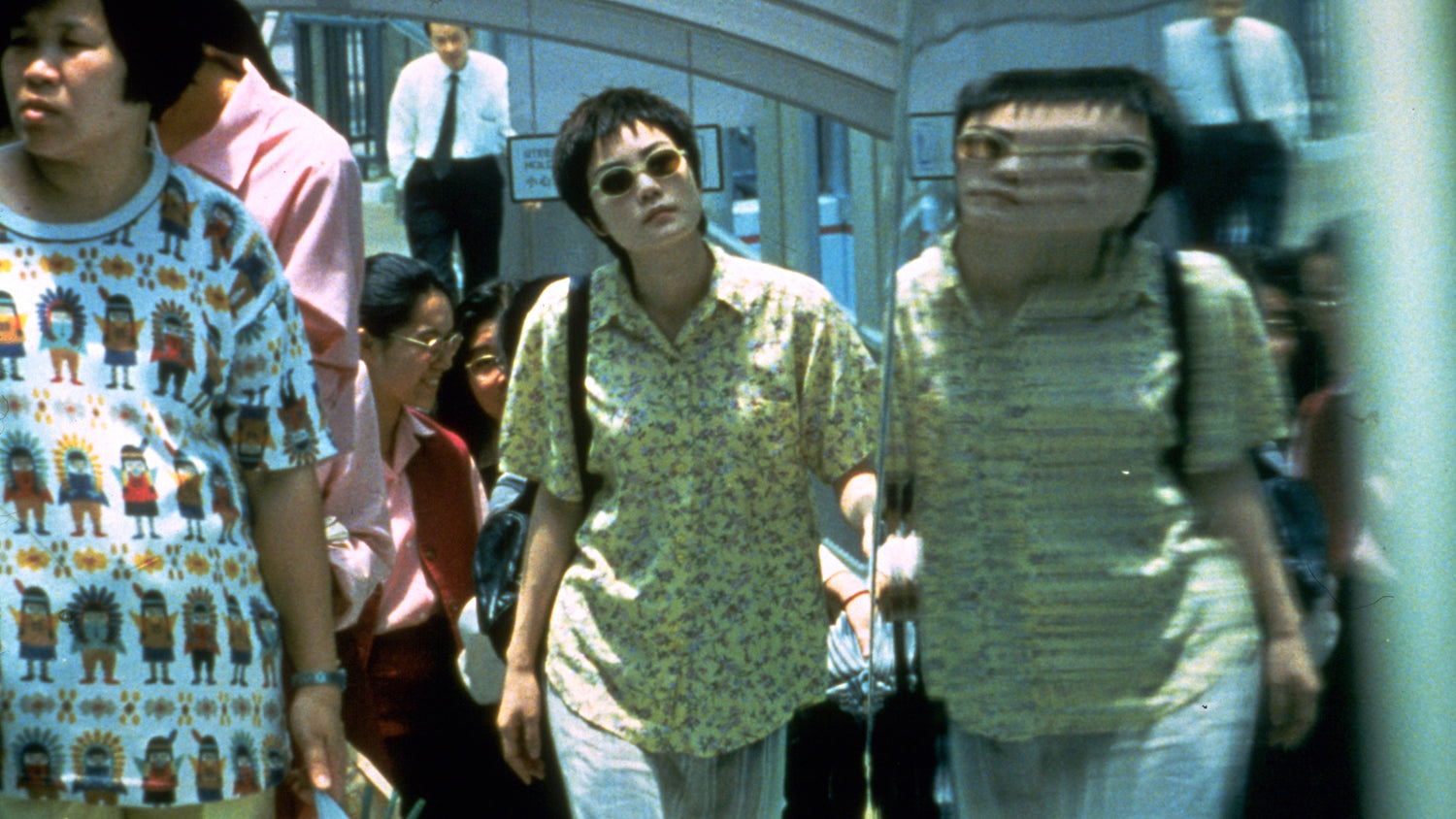
Every Sake a Painting
May 22, 2025
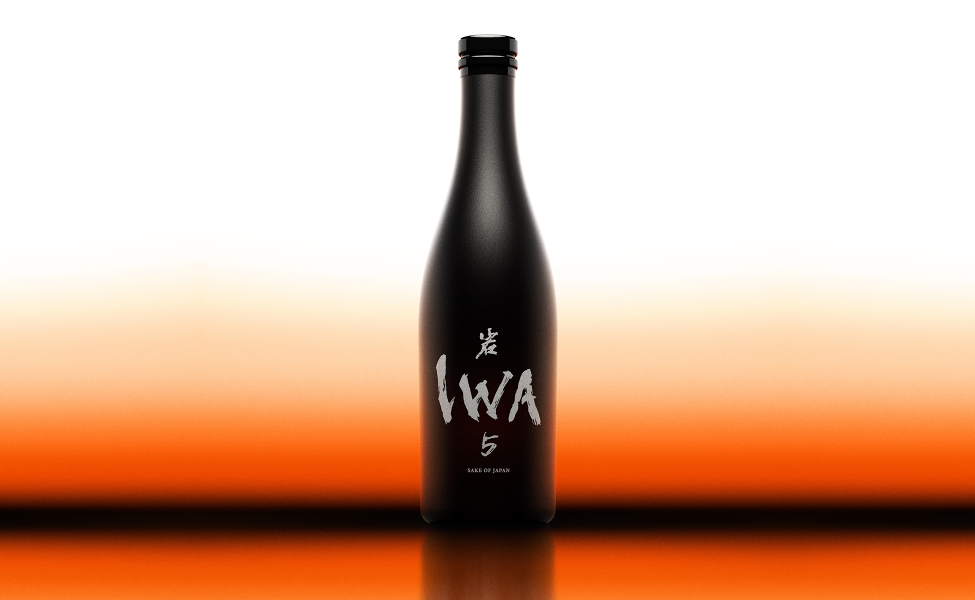
Iwa 5
May 18, 2025
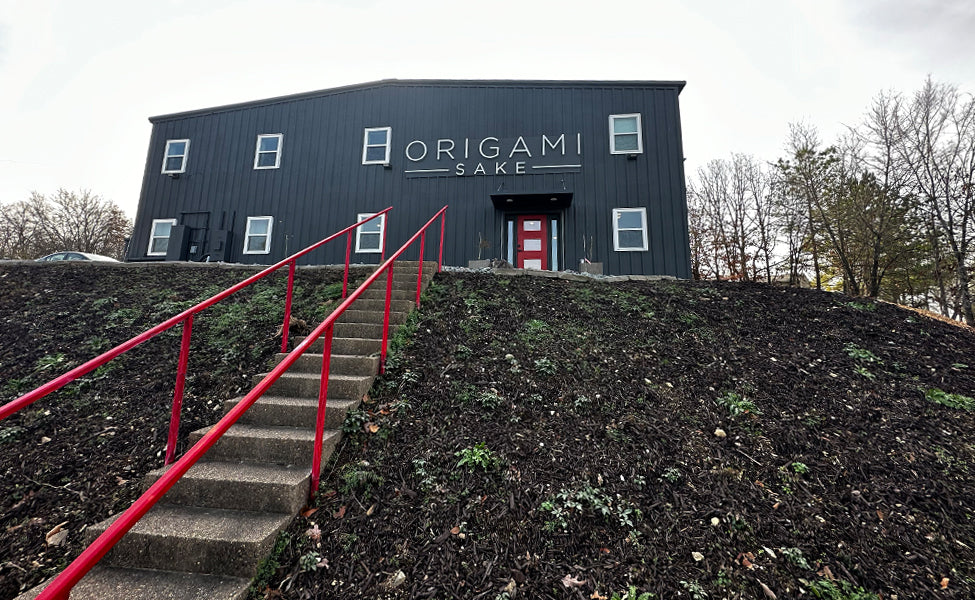
Rice, Arkansas and Origami!
May 11, 2025

Enjoy Shochu & Awamori for Under $20!
May 4, 2025
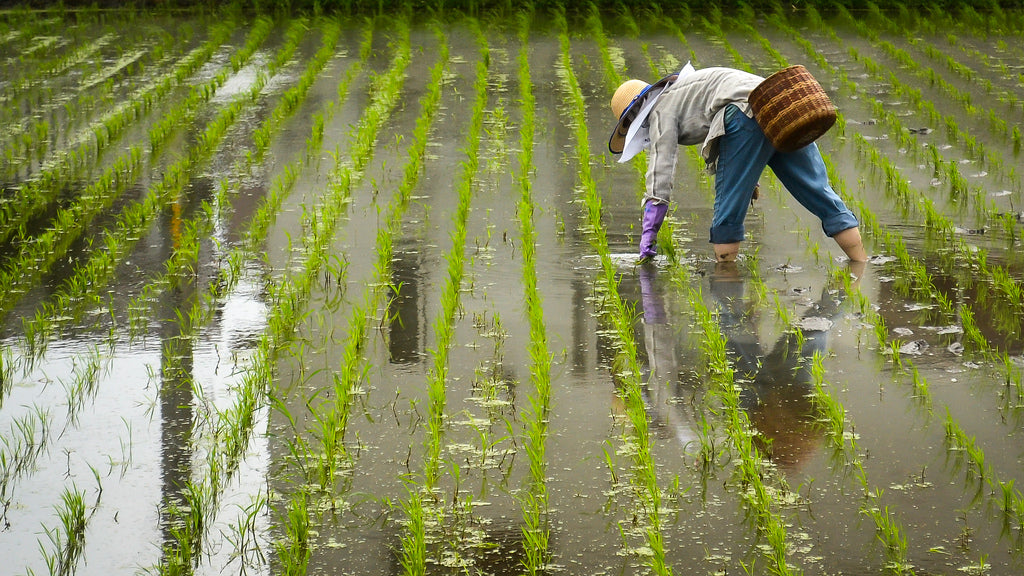
Red Sake, Rose Sake...
April 28, 2025
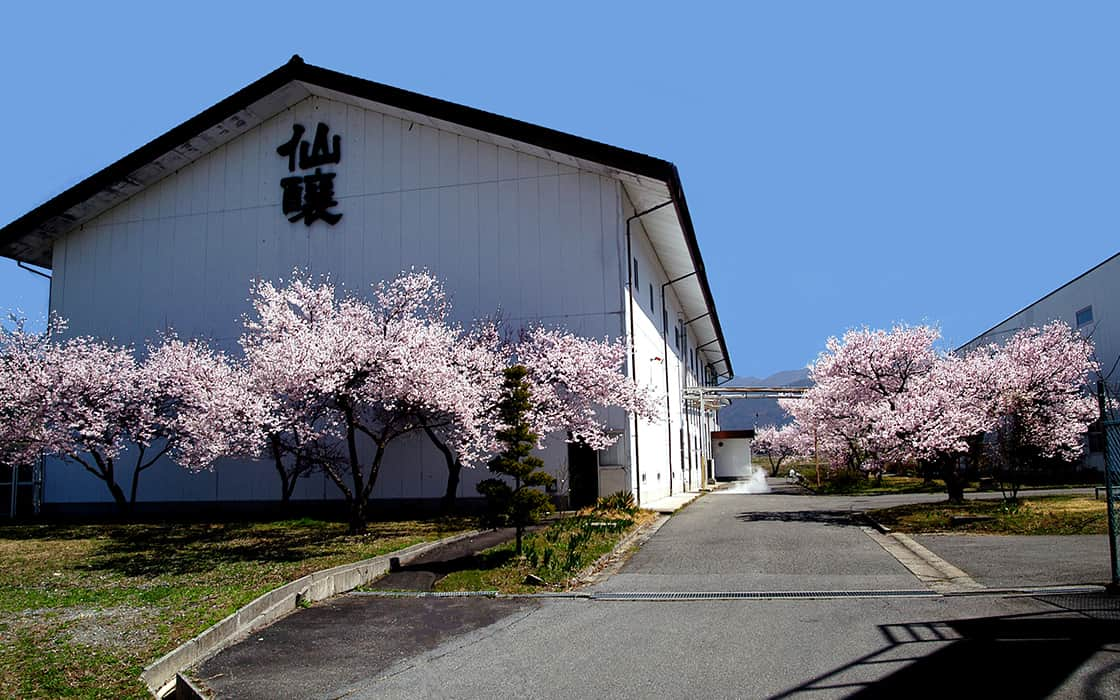
Sakura, Sakura, try Senjo Sakura Gin!
April 23, 2025

